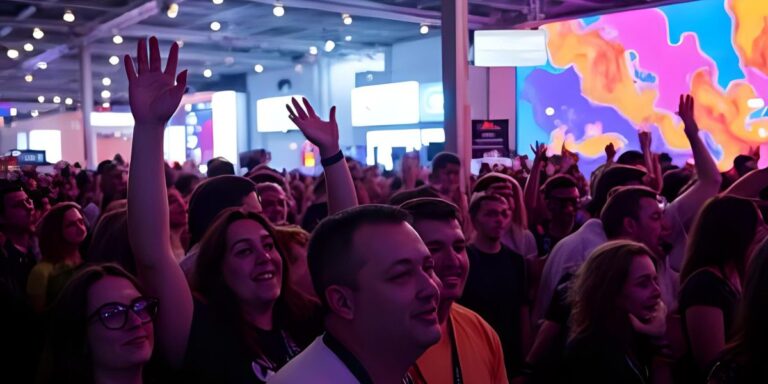The Music Biz 2024 conference held in Nashville became the focal point for lively discussions surrounding the emergence of AI-generated music and its growing influence on the music industry. As technology continues to advance, AI is becoming an increasingly prominent tool for both established artists and newcomers to create music, sparking both excitement and controversy.
While some see AI as a revolutionary tool that can drive innovation and inspire new forms of music, others worry that it threatens to undermine the human creativity that has long been the backbone of music production. Throughout the conference, panels featured a diverse range of experts, from technologists and musicians to music industry leaders, all offering their perspectives on this rapidly evolving trend.
One of the most significant topics addressed was the impact of AI on copyright laws. In a world where machines are capable of composing music indistinguishable from that created by humans, questions arose about who owns the rights to these compositions. Is it the algorithm that generated the piece, the programmer who created the algorithm, or the person who used the AI to produce the music? These questions highlight the urgent need for legal frameworks to evolve alongside technological advancements, ensuring that creators are fairly compensated for their work.
Ethical concerns also dominated the conversation, particularly in regard to the potential for AI to replace human musicians or devalue their artistry. Some critics argue that relying on AI could lead to an oversaturation of low-quality music, as anyone with access to the right software could produce a track without having any real musical skill or understanding. On the other hand, proponents argue that AI can be a powerful tool for enhancing human creativity rather than replacing it. For example, AI can assist in the creative process by offering suggestions, automating tedious tasks, or providing new ways to manipulate sound that artists may not have considered.
Industry leaders at the conference stressed the importance of maintaining a balance between embracing new technologies and preserving the artistic integrity of music. They highlighted that AI should be seen as an aid to human creativity, not a substitute for it. To ensure that AI benefits rather than harms the industry, there is a growing call for balanced regulation. This would help protect intellectual property, ensure fair compensation for human creators, and maintain the artistic value of music.
The future of music production, according to many speakers at Music Biz 2024, lies in the collaboration between human creativity and AI. While the debate continues, it is clear that AI will play an integral role in shaping the next generation of music. The challenge will be ensuring that it complements rather than detracts from the rich, creative traditions that define the music industry.


